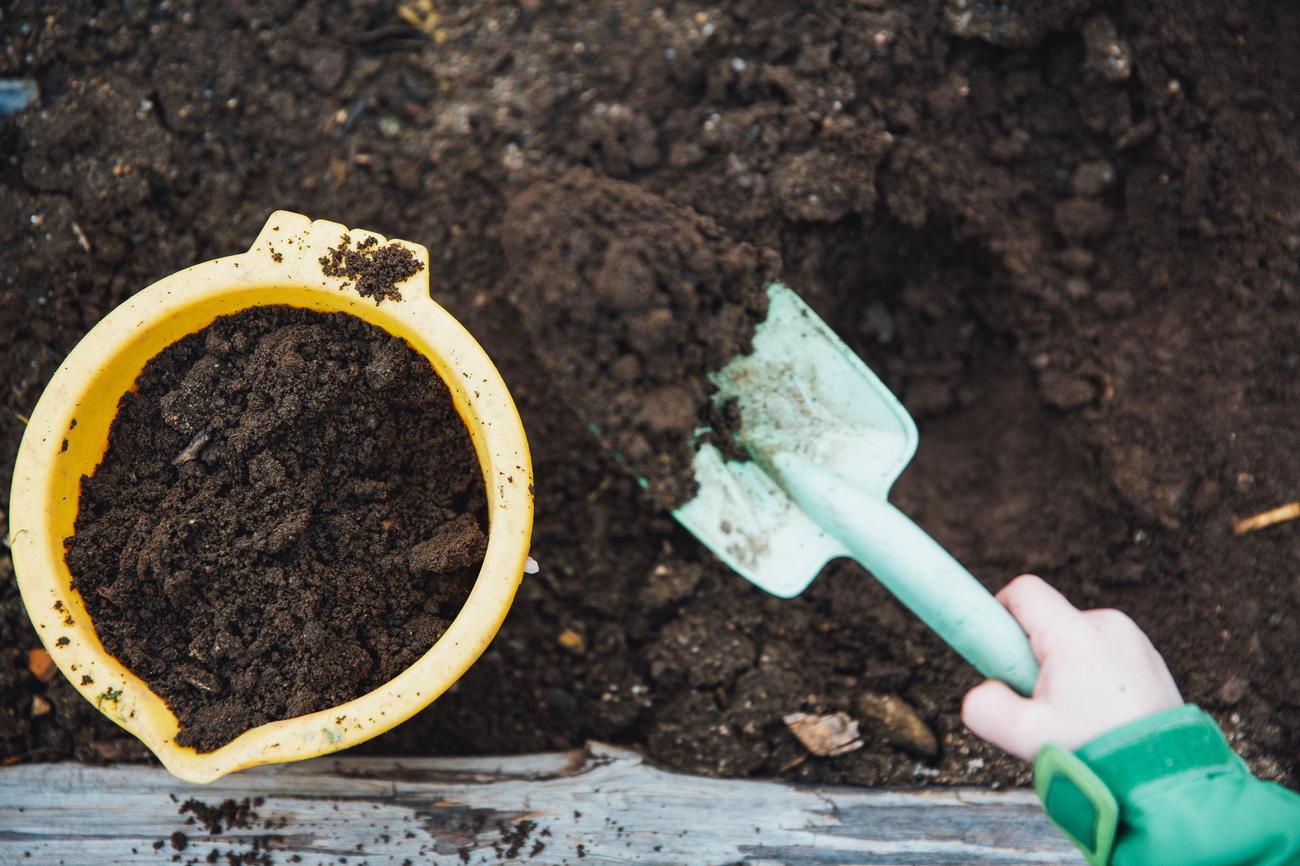Are you curious about the roots of composting? Have you ever wondered where this age-old practice of turning organic waste into nutrient-rich soil began? Look no further, for this article is about to take you on a journey through time and civilizations, unearthing the fascinating origins of composting. From ancient agricultural communities to modern-day sustainable enthusiasts, composting has been an essential part of waste management and agroecology for centuries. So, come along as we peel back the layers of history and explore how composting has evolved and spread across cultures, leaving a trail of environmental benefits in its wake.

Origins of Composting
Did you know that the practice of composting dates back thousands of years? It’s fascinating to uncover the historical roots of this sustainable gardening technique and explore how it has evolved and spread across different cultures. In this article, we will delve into the ancient civilizations that first embraced composting and trace its origins through time.
Ancient Beginnings
The first recorded documentation of composting can be found on clay tablets from the Mesopotamian Akkadian Empire, dating back to 2334 BC. These tablets provide evidence that the people of that time recognized the value of recycling organic waste and returning it to the soil. Composting was regarded as a way to enrich agricultural fields and increase crop yields.
Composting Across Cultures
Composting practices were not limited to the ancient Akkadians alone. They were also observed in various other early civilizations, such as the Greeks, Romans, Egyptians, Native Americans, Scots, and Chinese. Each culture had its unique way of composting, integrating it into their agriculture and waste management systems.
The Scot’s Early Use of Compost
Historical evidence suggests that the Scots were using compost as early as 12,000 years ago. They recognized the transformative power of organic waste and harnessed it to nurture their crops. The Scots understood that composting accelerated the decomposition process and created a nutrient-rich soil amendment, essential for robust plant growth. They would collect organic materials such as leaves, straw, and animal manure, allowing them to break down naturally over time.
Composting in the Stone Age
Did you know that composting can be traced back to the Stone Age? Our ancestors from that time had a deep understanding of the natural processes occurring around them. They recognized the benefits of returning organic matter to the earth and utilized composting to nurture their plants. This early practice laid the foundation for the sustainable gardening techniques we use today.
In exploring the origins of composting, we can see that it has been an integral part of humanity’s relationship with the earth for thousands of years. These ancient civilizations understood the importance of recycling organic waste and harnessing its potential to improve agricultural practices. Today, composting continues to play a vital role in waste management and agroecology.
“From ancient clay tablets to the Stone Age, the origins of composting are deeply rooted in our history. It is remarkable to see how this sustainable practice has endured and evolved throughout the ages.”
Composting is a fascinating process that has a long history dating back centuries. Have you ever wondered, “When did composting start?” Well, we have the answer for you! Click here to uncover the origins of composting and explore how this eco-friendly practice has evolved over time. So, don’t hesitate, satisfy your curiosity and dive into the intriguing world of composting. Click on this When Did Composting Start link to begin your journey.
FAQ
Question 1
When was the first recorded documentation of composting?
Answer 1
The first recorded documentation of composting dates back to the Mesopotamian Akkadian Empire in 2334 BC. Clay tablets from this time period contain information on the practice of composting, highlighting its early recognition as a sustainable gardening technique.
Question 2
Which ancient civilizations were known to practice composting?
Answer 2
Composting practices can be traced back to various ancient civilizations. Records indicate that ancient Greek, Roman, Egyptian, Native American, Scottish, and Chinese societies all embraced composting as a means of waste management and enhancing soil fertility. These civilizations recognized the value of recycling organic waste and utilizing it to enrich the soil.
Question 3
How long ago did the Scots adopt composting techniques?
Answer 3
Evidence shows that the Scots were using compost approximately 12,000 years ago. Their early adoption of composting practices showcases the long-standing tradition of sustainable agriculture in Scotland.
Question 4
Can composting be traced back to the Stone Age?
Answer 4
Yes, composting can be traced back to the Stone Age. Archaeological evidence suggests that even during this prehistoric period, humans recognized the benefits of composting organic waste as a means of improving soil quality and supporting the growth of crops. This early practice demonstrates the inherent understanding of sustainable agricultural methods by our ancient ancestors.
Question 5
What is the global impact of composting on waste management and agroecology?
Answer 5
Composting plays a crucial role in waste management and agroecology on a global scale. By diverting organic waste from landfills and transforming it into nutrient-rich compost, composting reduces the emission of greenhouse gases and minimizes the need for synthetic fertilizers. Additionally, the use of compost supports soil health, enhances crop productivity, and promotes sustainable farming practices. Its global impact lies in its ability to contribute to a circular economy and foster a more sustainable and resilient agricultural system.












